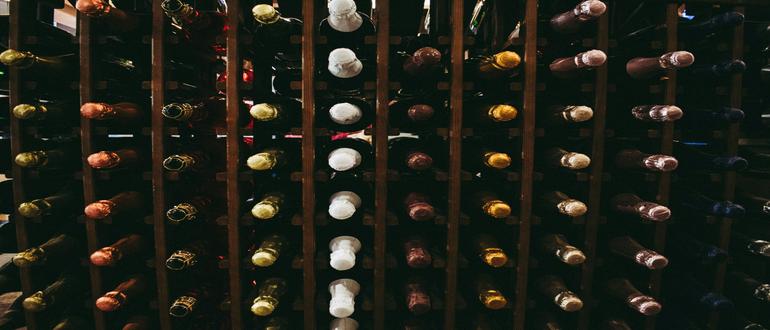
For decades, the business of buying and selling collectible wine and spirits has operated much the same way: through invitation-only auctions, handwritten inventories and long waits for payouts. Authentication was through dusty provenance papers.
But an online auction platform founded by tech veteran Phil Mikhaylov and Chicago bar owner Cody Modeer is changing that—fast.
“I think we’re coming from a very antiquated industry that has been operating the same way for 100 years,” Mikhaylov said in a video interview recently posted to YouTube by Eureka Labs, a development firm that helped build the company’s tech infrastructure. “And for us, we’re reimagining and re-envisioning what the modern spirits and wine platform looks like for the modern consumer, who is used to getting everything at a click of a button.”
Accessible via both website and mobile app, Unicorn Auctions has, since its launch in 2020, become the largest online marketplace of its kind in the U.S., having processed more than 6 million bids and over $125 million in sales. From a 30,000-square-foot warehouse on Chicago’s North Side, the company vaults bottles on behalf of clients around the world—some worth under $100, others valued in the tens of thousands. A second 70,000-square-foot warehouse in Bridgeport handles longer-term storage.
An auction that ran from June 1–8 included 2,071 lots. The priciest listing was a bottle of Old Rip Van Winkle 25-Year Bourbon Decanter, with a reserve price of $25,000. (Its original MSRP in 2017 was $1,800.) At the other end of the scale were bottles of Yellowstone Limited Edition Bourbon, offered without reserve and bidding at $70.
Unicorn’s rise has coincided with a global surge in wine and spirits collecting, a market now estimated to exceed $80 billion. What sets the company apart, according to Mikhaylov—a former Uber executive—is its use of artificial intelligence and automation to scale operations and instill trust. Every bottle in Unicorn’s vault is processed through a proprietary system that combines expert review with machine-learning algorithms trained to detect inconsistencies.
“And so key things that we focused on was internal tech and internal tooling, of being able to receive bottles, process them as quick as possible, authentication, some element of blockchain to actually track the bottles and the authentication of it,” Mikhaylov said. “And to our customers, I think one of the challenges was educating them on why Unicorn is the most trusted platform, when they’re so used to buying something the same way for decades, from traditional auction houses or retailers.”
Before building its own platform, Unicorn operated on a white-labeled third-party app—sufficient to test the market but inadequate for the company’s ambitions. Partnering with Eureka Labs, the team spent months designing a platform from the ground up, capable of handling everything from marketplace transactions and logistics to warehousing and real-time client dashboards.
“They flew out to Chicago, sat with our engineers, and actually studied our operation,” Mikhaylov said.
The result is a vertically integrated ecosystem that functions as warehouse, auction house, digital vault and global trading floor. Collectors send their bottles to Unicorn, track them online, list them for auction and receive payouts—typically within 10 days. That speed stands in stark contrast to legacy auction houses, where settlement times can stretch for weeks or longer.
While the production side of the wine and spirits world has remained largely traditional, there have been pockets of experimentation with artificial intelligence. In 2019, U.K.-based Circumstance Distillery teamed up with tech firms Rewrite Digital and Tiny Giant to develop “Ginette,” an AI program trained to create a unique gin recipe from scratch. Ginette was programmed to understand distilling fundamentals, analyze thousands of botanicals, and even generate a name and label design.
“Rewrite Digital is proud to be part of the collaboration to launch the world’s first artificial intelligence gin – Monker’s Garkel,” the company said in a statement.
“Together with technology scientists Tiny Giant and Bristol’s Psychopomp Microdistillery, we created this unique spirit that simply wouldn’t have been conceivable without the aid of Ginette, the neural network at the heart of this pioneering new innovation. The recipe, name, branding, label and comms are all generated from AI. A fine example of how digital is not just enhancing the experience and what happens outside the bottle but the liquid inside too. AI has enabled us to bring together a fresh new set of botanicals better and faster than with human intervention alone.”
Only 1,000 bottles were produced.
By eliminating bottlenecks and digitizing the old-school auction process from end to end, Unicorn Auctions ambitions are more structural than sensory.

